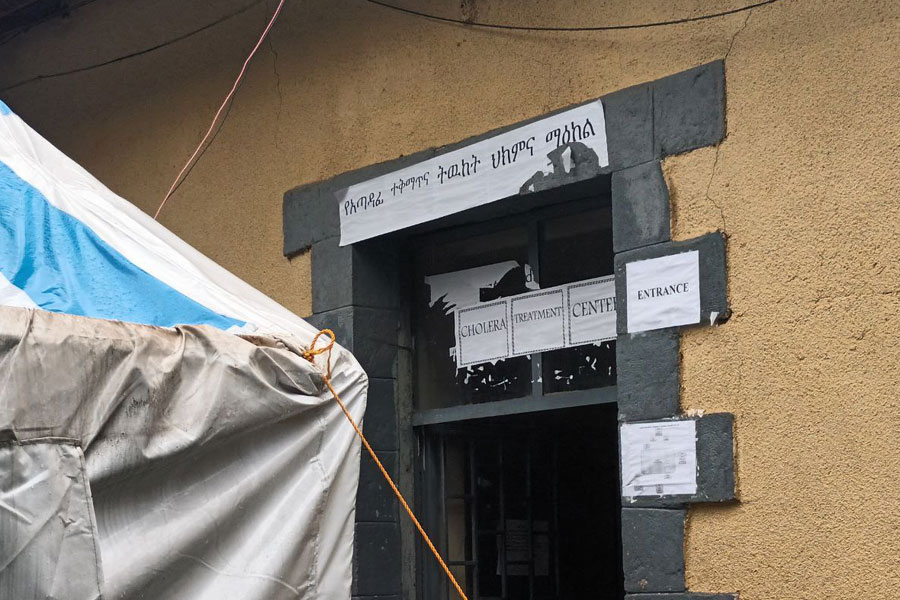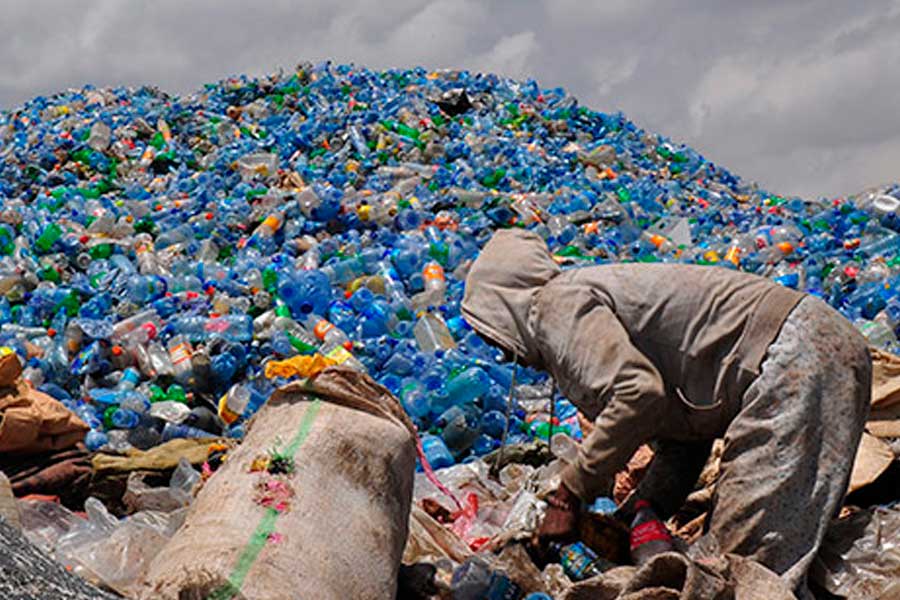
Aug 3 , 2024
By Eden Sahle
Frequent power cuts have led my family to dine out more often. While trying new dishes in the city is our goal, we look for child-friendly, quiet places or those that offer meals in the car.
Teenagers on school break swarm the streets of Summit and Bole areas. For them, the evening seems like the start of a new day. They are open and free, talking and laughing loudly, some smoking, drinking and taking selfies under the new street lights.
In what I consider a pricey restaurant, most of the seats were taken by teenagers. One night, we saw young women approaching a vehicle playing loud music. After speaking briefly, they drove off with the adult men inside.
As parents, my husband and I were terrified. We prayed for our daughter on the spot. Our dinner, which was supposed to be a happy time, turned into a discussion on how we could shield our daughter from such influences.
We had many questions: Why do their parents let them go out at night? Do they know their whereabouts? Do they understand what they are sponsoring their children into? Do they worry about their children's behaviour?
Teenagers focus more on rewards and taking risks than adults. They demand freedom from their parents and prefer their peers as they explore their personalities.
Teens exposed to addictive substances put their health and safety at risk. Their brains are vulnerable to being rewired by drugs that overload the reward circuits. This is why parents should talk to their children about the lifetime consequences of their choices.
Many factors contribute to teens' wrong decisions: personality, family interactions, and reliance on peers. They often want to fit in with their friends, and a wrong circle can lead them astray. Their curiosity also compels them to try things with their peers. They assume nothing bad could happen to them and may not understand the short- and long-term effects of their actions.
Most parents wait too long to have important conversations, thinking their child is too young. By the time they try to equip their children, it will be too late.
Psychologists recommend open conversations with children about drugs and bad decisions. Instead of using scare tactics, discussing how these choices can affect their dreams, health, and appearance is helpful.
Filtering the content they watch on media that glamorizes drug use or reckless lifestyles is important. Teaching children how to resist peer pressure and turn down bad offers can save them from harm.
Parents should pay attention to their children's whereabouts, no matter how much they trust them. Educating children on volunteerism and internships can provide valuable skills and opportunities, helping them understand the real world and dream big.
Having family rules is vital. Inform children of rules such as not riding in strangers' cars and leaving situations that go against their values. Craft an escape plan to keep them safe in various settings. Consistently enforcing consequences when teens break the rules helps them stick to them.
Parents are the biggest influence in their children's lives. Teens may seem to pull away while seeking independence, but they still want their parents involved. Maintaining a consistent and strong bond can keep them from engaging in unhealthy behaviours.
PUBLISHED ON
Aug 03,2024 [ VOL
25 , NO
1266]

Life Matters | Jan 01,2022

Sunday with Eden | Jan 18,2020

Commentaries | May 23,2020

Commentaries | Jan 01,2022

Agenda | Aug 05,2023

Life Matters | Dec 24,2022

Fortune News | Sep 19,2020

Life Matters | May 31,2025

Sunday with Eden | Aug 21,2021

Commentaries | Feb 19,2022

Photo Gallery | 174562 Views | May 06,2019

Photo Gallery | 164790 Views | Apr 26,2019

Photo Gallery | 154980 Views | Oct 06,2021

My Opinion | 136691 Views | Aug 14,2021
Editorial | Oct 11,2025

Dec 22 , 2024 . By TIZITA SHEWAFERAW
Charged with transforming colossal state-owned enterprises into modern and competitiv...

Aug 18 , 2024 . By AKSAH ITALO
Although predictable Yonas Zerihun's job in the ride-hailing service is not immune to...

Jul 28 , 2024 . By TIZITA SHEWAFERAW
Unhabitual, perhaps too many, Samuel Gebreyohannes, 38, used to occasionally enjoy a couple of beers at breakfast. However, he recently swit...

Jul 13 , 2024 . By AKSAH ITALO
Investors who rely on tractors, trucks, and field vehicles for commuting, transporting commodities, and f...

Oct 11 , 2025
Ladislas Farago, a roving Associated Press (AP) correspondent, arrived in Ethiopia in...

Oct 4 , 2025
Eyob Tekalegn (PhD) had been in the Governor's chair for only weeks when, on Septembe...

Sep 27 , 2025
Four years into an experiment with “shock therapy” in education, the national moo...

Sep 20 , 2025
Getachew Reda's return to the national stage was always going to stir attention. Once...

Oct 12 , 2025
Tomato prices in Addis Abeba have surged to unprecedented levels, with retail stands charging between 85 Br and 140 Br a kilo, nearly triple...

Oct 12 , 2025 . By BEZAWIT HULUAGER
A sweeping change in the vehicle licensing system has tilted the scales in favour of electric vehicle (EV...

A simmering dispute between the legal profession and the federal government is nearing a breaking point,...

Oct 12 , 2025 . By NAHOM AYELE
A violent storm that ripped through the flower belt of Bishoftu (Debreziet), 45Km east of the capital, in...